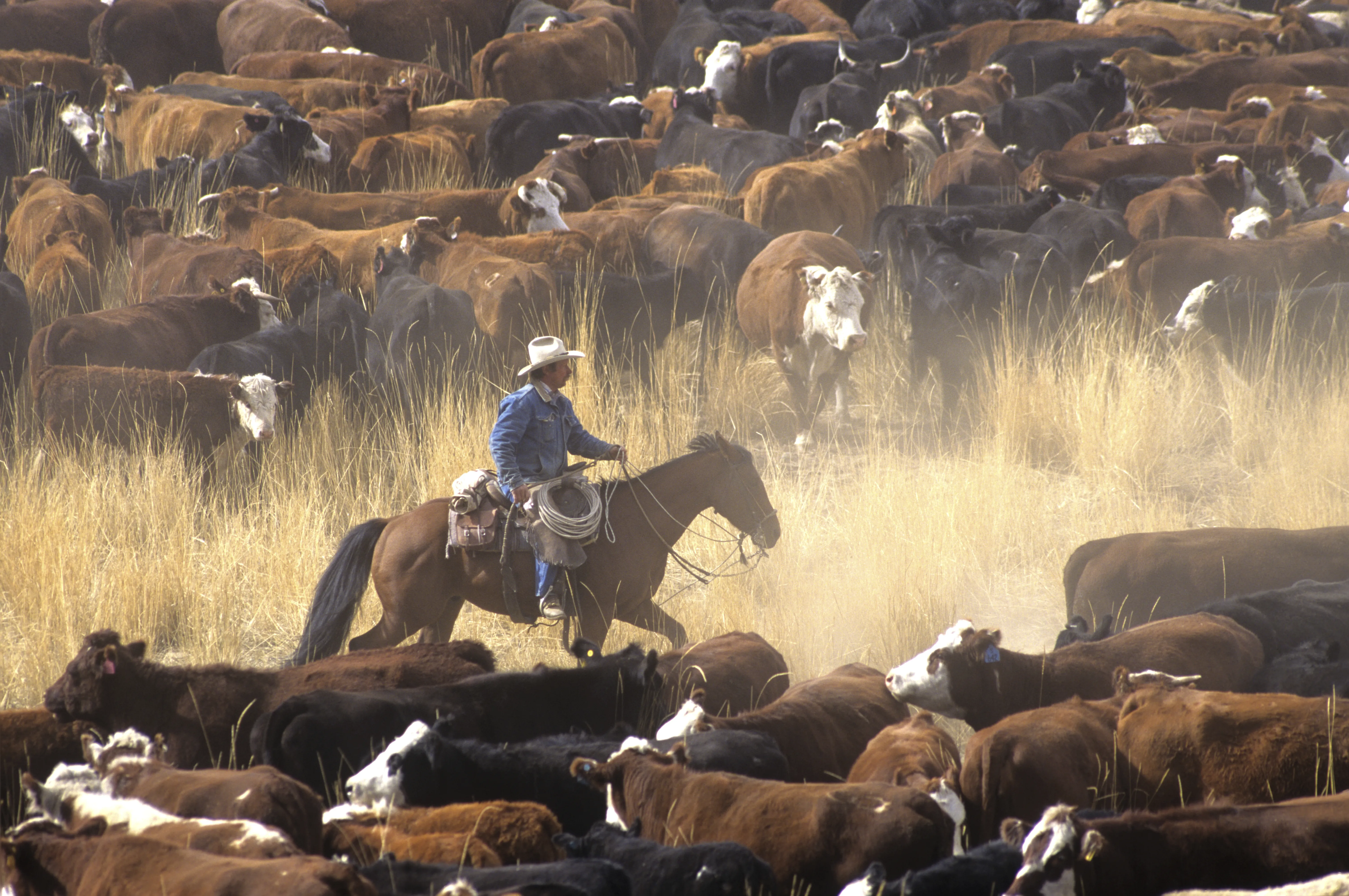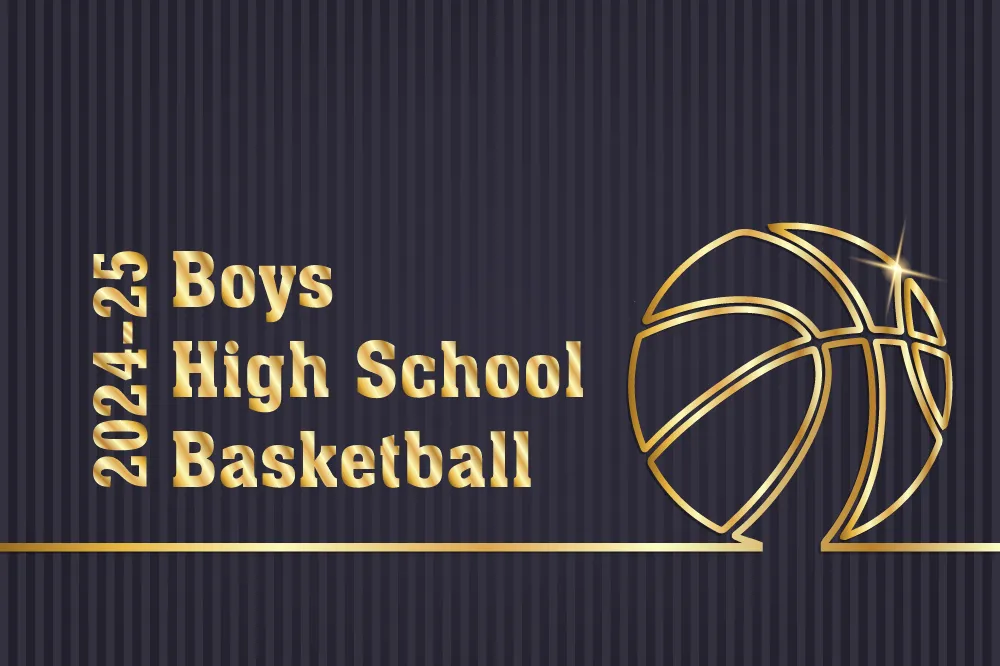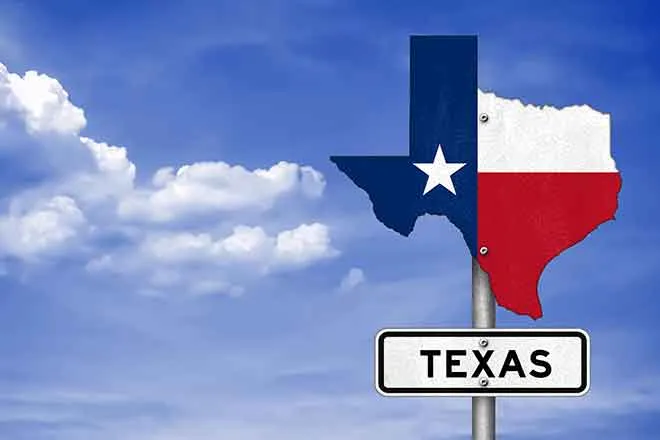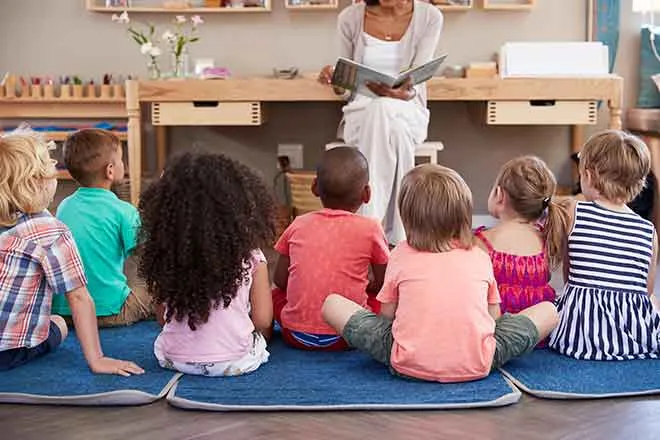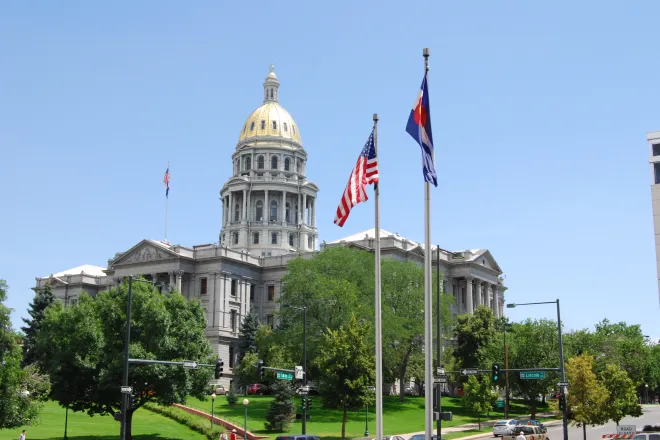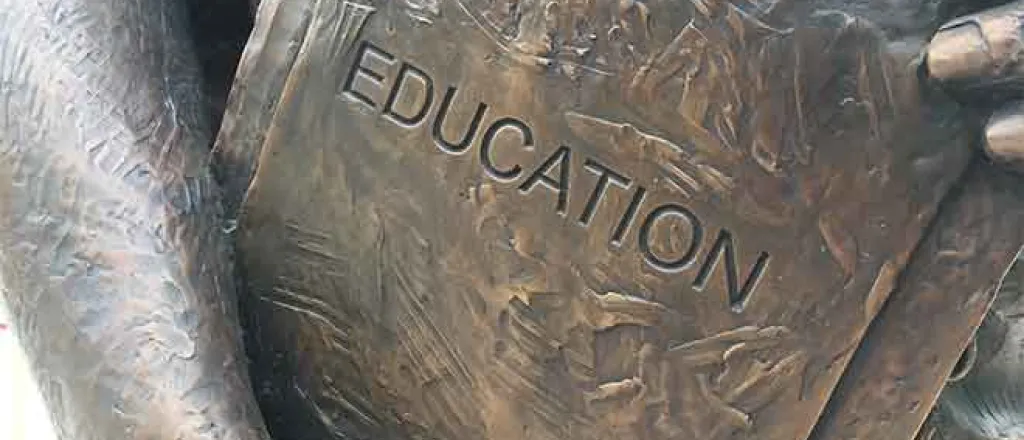
Group proposes changes, encourages use of Indigenous South Dakota education standards
Click play to listen to this article.
(Greater Dakota News Service) A team of educators and supporters recently proposed changes to South Dakota's framework for Indigenous education, making the lessons more accessible for teachers across the state.
The Oceti Sakowin Essential Understandings and Standards, in the works since 2008, were approved by the state in 2018 for education about the region's Indigenous cultures and ways of knowing. Some of the core understandings are built on themes including environment, identity, kinship, traditions and sovereignty.
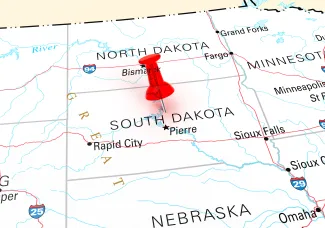
According to the document, the framework offers not just an opportunity to learn about Indigenous people but also from them.
Roberta Bizardie, Sicangu Lakota, superintendent of the Todd County School District, sits on the 2024 Revisioning and Reaffirming Team and said it is meant to be imbued throughout an entire school day, rather than restricted to just social studies or history class.
"We want kids to understand when you walk in the door, we're incorporating them throughout your whole day," Bizardie explained. "And just to really help build up that identity side of who our kids are."
According to a 2023 state survey, 62 percent of South Dakota educators reported using the standards, a 17 percent increase from 2021, though the response rate dropped. There are no state requirements to implement the standards, though Bizardie pointed out Todd County has a policy to ensure they are used.
Bizardie noted while the current accepted standards focus on younger kids, her goal is to create grade-level expectations for K-12 students in Todd County. The 2024 proposal does not change the core understandings themselves but includes a deeper integration of Native language and will make lessons more accessible to both students and teachers.
"It was just kind of cleaning things up," Bizardie added. "When a teacher, whether you are Indigenous, non-Indigenous, you could look at this document and say, 'Oh, I can do this.'"
The 2024 proposal is open to public comment through Sept. 16.


